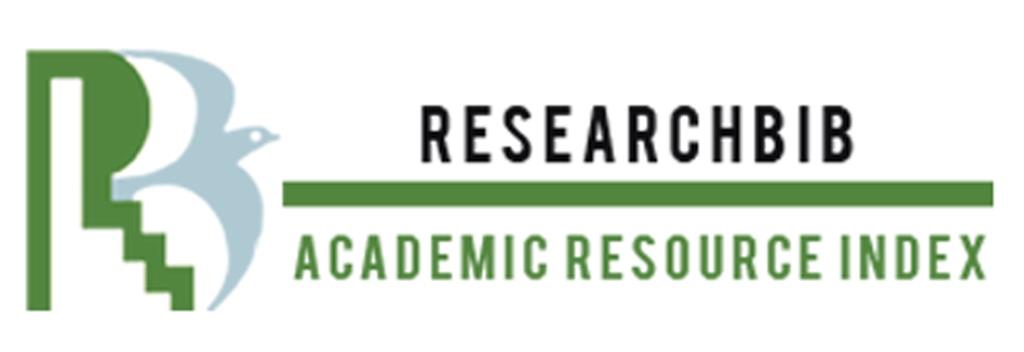SPECIALIZED VS. GENERAL VOCABULARY: CHALLENGES FOR ESP LEARNERS IN THE OIL AND GAS INDUSTRY
Abstract
This study explores the challenges faced by ESP learners in distinguishing specialized vocabulary from general terms within the oil and gas industry. Through a mixed-methods approach, the research investigates the difficulties learners encounter when navigating polysemous words that have different meanings depending on context. A specialized corpus, consisting of over 2 million words from industry-specific resources such as technical manuals, journal articles, and textbooks, was developed to examine vocabulary usage in various subfields. The study involved 48 ESP learners with varying levels of English proficiency, ranging from pre-intermediate to intermediate. The research includes a word categorization task, semi-structured interviews, error analysis of written and spoken tasks, and corpus-based text analysis. The results highlighted significant challenges in misclassifying words with dual meanings, such as ‘field’ and ‘deposit,’ which are often understood as general vocabulary despite their specialized significance. Findings also revealed that learners struggle with recognizing contextual cues and applying technical terms correctly in communication. Statistical analyses confirmed correlations between proficiency levels and learners’ ability to classify vocabulary accurately. The study underscores the need for targeted instructional strategies, including corpus-based tools, contextualized learning, and explicit teaching of polysemous words, to support ESP learners in mastering specialized vocabulary. These strategies are essential for equipping learners to navigate the complex linguistic demands of their professional fields.
Downloads
References
Coxhead, A., & Nation, P. (2001). The Academic Word List. TESOL Quarterly, 35(4), 213-238. https://doi.org/10.2307/3587672
Chung, T. M., & Nation, P. (2004). Identifying technical vocabulary in specialized texts. System, 32(3), 249-264. https://doi.org/10.1016/j.system.2004.01.003
Biber, D., Conrad, S., & Reppen, R. (1998). Corpus Linguistics: Investigating Language Structure and Use. Cambridge University Press.
Gavioli, L. (2005). Thematic analysis of specialized corpora: A methodological approach. Journal of English for Specific Purposes, 24(2), 115-135. https://doi.org/10.1016/j.esp.2004.05.003
Hunston, S., & Francis, G. (2000). Pattern Grammar: A Corpus-Driven Approach to the Lexical Grammar of English. John Benjamins Publishing.
Sköld, M., & Dahlgren, K. (2012). ESP and corpus-based learning: Applying corpora in professional contexts. English for Specific Purposes, 31(2), 113-125. https://doi.org/10.1016/j.esp.2011.11.001
Xhaferi, B. (2022). Teaching and Learning Specialized Vocabulary in ESP Settings. International Journal of Language and Linguistics, 9(1), 44-61. https://doi.org/10.11648/j.ijll.20220901.14
Nation, P. (2001). Learning Vocabulary in Another Language. Cambridge University Press.
Richards, J. C., & Schmidt, R. (2010). Longman Dictionary of Language Teaching and Applied Linguistics (4th ed.). Pearson Education.
Tognini-Bonelli, E. (2001). Corpus Linguistics at the Crossroads: Theoretical, Methodological and Applied Perspectives. John Benjamins Publishing.
















